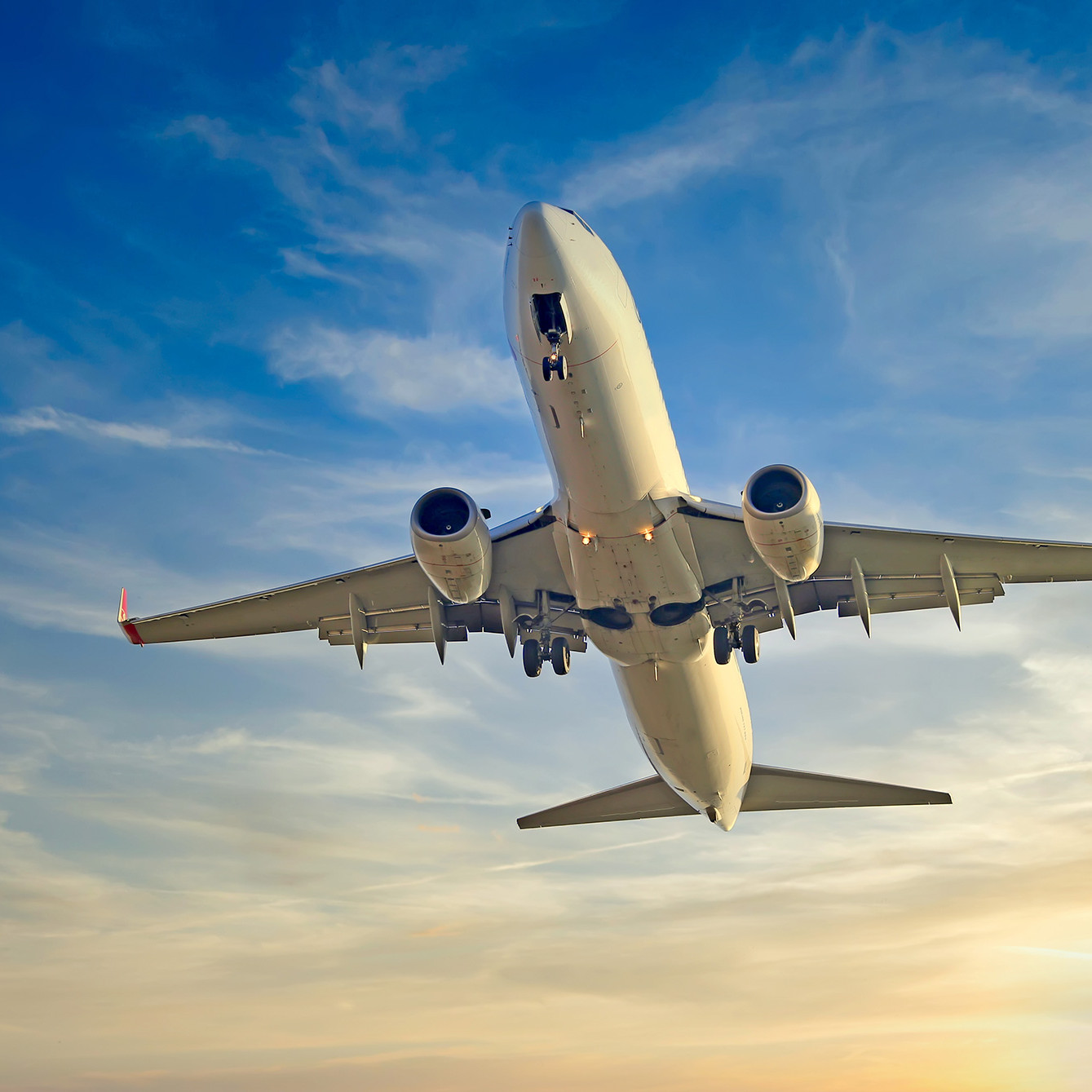10 Jun 2021 11:32 GMT+01:00
Oliver Clark (London)
Sirius Aviation Capital plans to grow its fleet to 100 narrowbody aircraft within the next three years with chief executive Howard Millar eyeing opportunities to acquire assets from both lessors and airlines. In an interview with Cirium, Millar says he is confident that the Abu Dhabi-headquartered lessor can expand from a base of 10 aircraft currently to 25 by the end of 2021 and 100 units by 2024.
“Our plan is to continue to scale the platform within three years I certainly believe we should be looking at about 100 aircraft,” he says. Sirius specialises in investing in mid-life Boeing 737 NGs and Airbus A320s with leases attached. The lessor has purchased 10 aircraft so far: six Southwest, two Air New Zealand, one Spirit and one Etihad, all from BOC Aviation.
Beyond direct trades with lessors, Millar says Sirius is actively working on direct transactions with airlines. “We don’t just see ourselves as sourcing portfolios exclusively from other lessors, we want to engage directly with airlines who own a lot of mid-life aircraft and work with them in terms of efficiently managing their fleets,” he says.
Millar describes the opportunity as working with airlines that may want to manage their transition to a new aircraft order or want to finance existing owned aircraft. For example, an airline may want to sell an aircraft and lease it back for four years to bridge to an order for new A320-family Neo or 737 Max units. In other cases, the aircraft maybe under ECA financing or other types of traditional bank debt financing and that expires after 12 years and they are looking to put another financing structure in place on the aircraft, Millar adds. “I believe airlines are increasingly wary of what I would describe as pure financial investors, who really don’t understand the business, who are sourcing their money from various funds and private equity. They aren’t able to respond to the airline and deal with any issues that arise because they don’t have the technical knowledge and experience within their business,” he says.
Where Sirius does trade with other lessors, Millar notes that the company primarily conducts bilateral trades rather than competing with multiple other players. “We are not really interested in looking at the RFPs [request for proposals] that maybe issued by certain parties that are sent round to 40 or 50 parties. We are interested in bilateral transactions, we have proven we can price, negotiate, and are cash buyers who can complete transactions in short order,” he observes.
Even as the pandemic has placed unprecedented stress on airline’s balance sheets, the threat of climate change and environmental, social and governance (ESG) issues have continued to put pressure on the aviation sector to retire older units and replace them with more fuel efficient models. Millar is confident that this focus on new technology aircraft is not a threat to Sirius’s focus on mid – life (8 to 12 years old) narrowbodies as demand will outstrip supply from the OEMs. “If somebody decided that anything older than eight years old cannot fly anymore the whole aviation world would collapse, because Boeing and Airbus can’t manufacture them quickly enough to replace these aircraft”, he says.
Millar says that changing the sector is going to take time, and the 737 NG and A320 ceo models will be in operation for many years to come. As Sirius targets growth over the coming years, Millar says the lessor is well placed in the Abu Dhabi Global Market (“ADGM”), being at the global crossroads of
trade and markets. “We have direct access to pretty much of all of Asia – and as we know most of the orders are coming from Asia – and we would see that as a key target for us. But on the other hand then you have direct connectivity into Dublin which is the major centre of aircraft trading and where the market is”.
Millar sees opportunities to further expand the Sirius team in ADGM as the recovery in the aviation sector continues, the lessor also has an office in Dublin focused on aircraft trading. Sirius Aviation Capital is majority owned by its management team.
Abu Dhabi Catalyst Partners, a joint venture between Mubadala Investment Company (Abu Dhabi) and Falcon Edge Capital, New York, owns a significant minority stake. Millar says that Sirius’s shareholders have been incredibly supportive of its growth plans. He says that the company’s backers have invested permanent capital and accordingly are not looking for short terms return and exit, and are thus fully committed to the business for the long-term.
